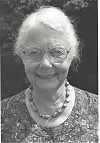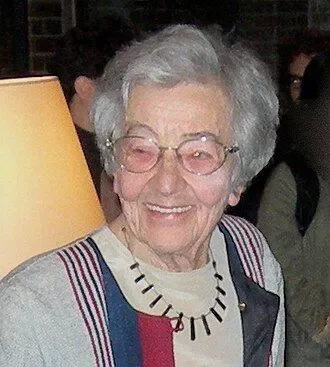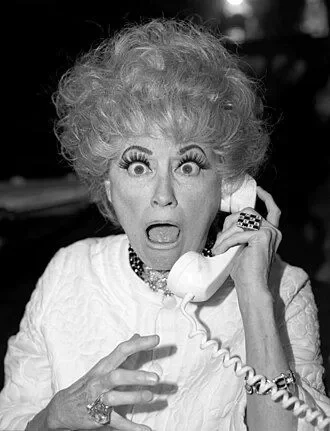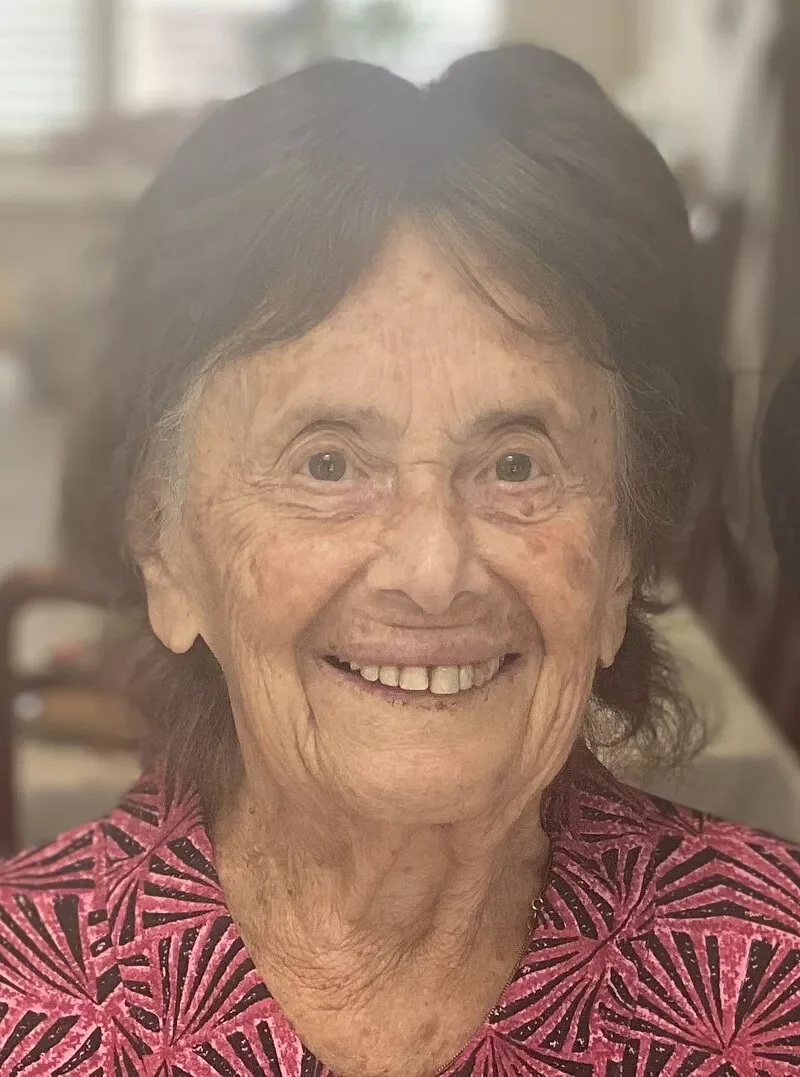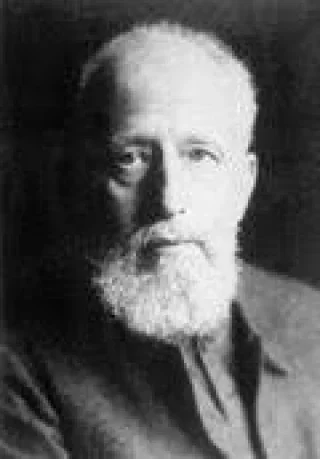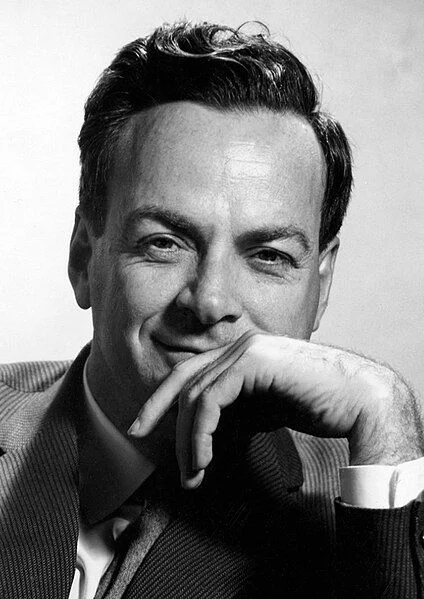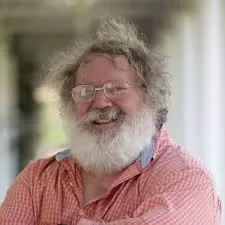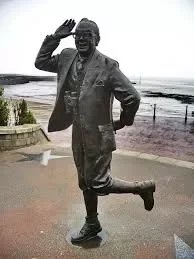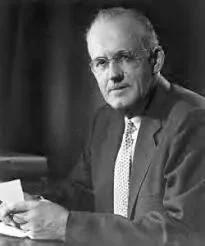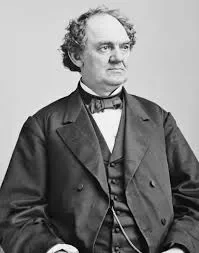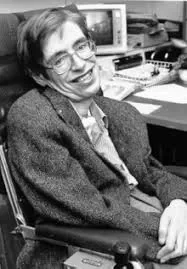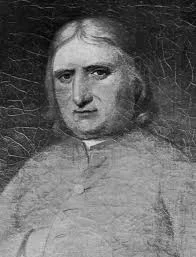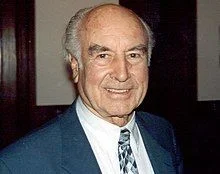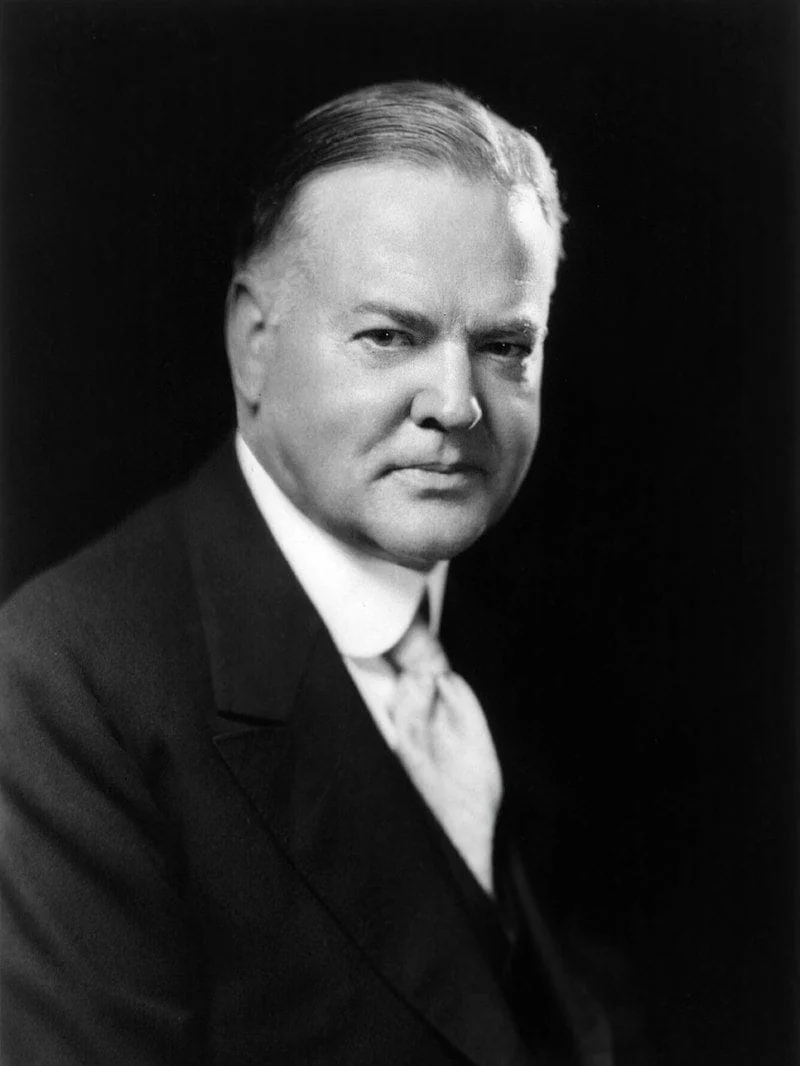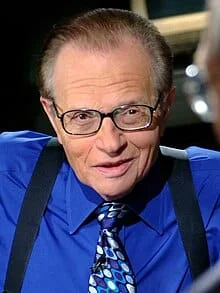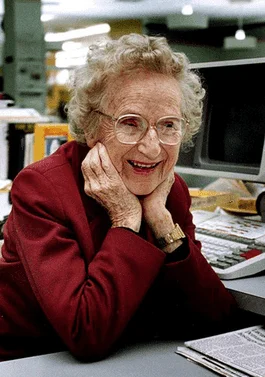Real Celebrities Never Die!
OR
Search For Past Celebrities Whose Birthday You Share
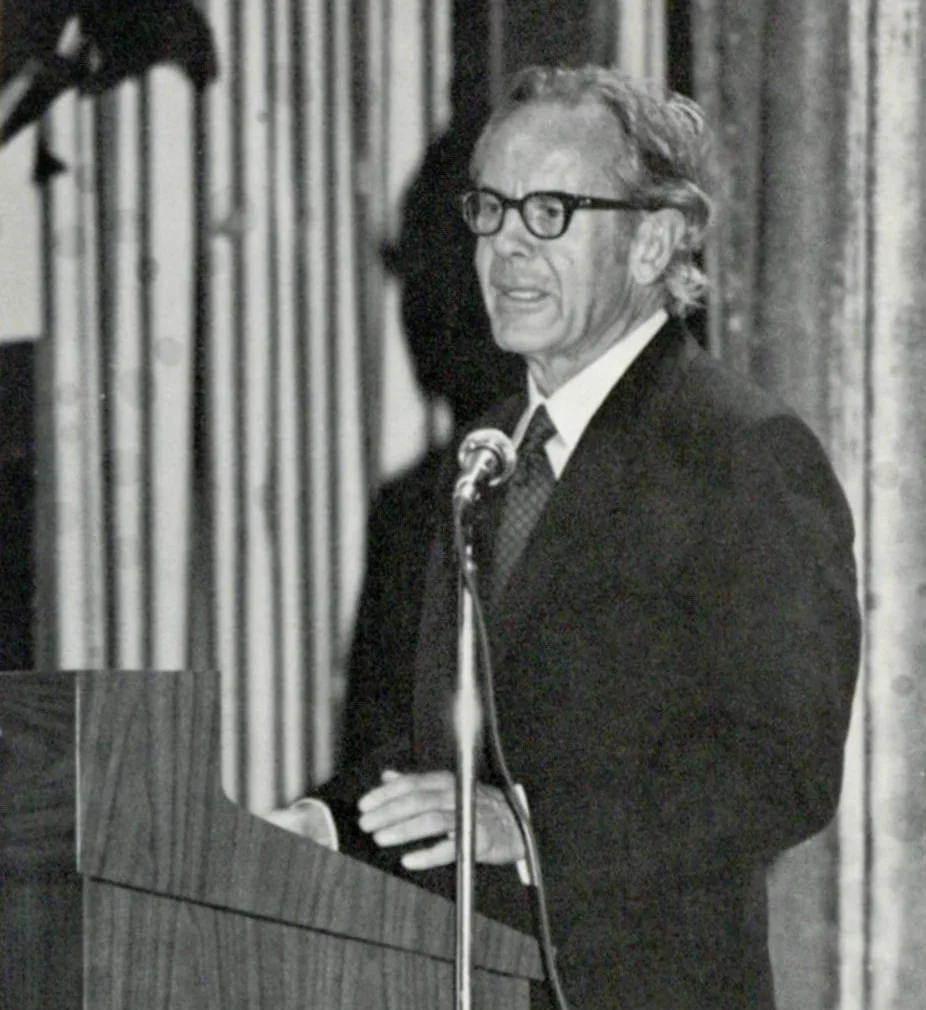
source:wikimedia.org
Rollo May
Birthday:
21 Apr, 1909
Date of Death:
22 Oct, 1994
Cause of death:
Heart failure
Nationality:
American
Famous As:
Author
Age at the time of death:
85
Rollo May's Quote's
Rollo Reece May: An Existential Psychologist and Philosopher
Rollo Reece May was an American existential psychologist and psychotherapist who was famous for authoring the influential book, *Love and Will*. He was one of the leading figures in humanistic psychology and existentialist philosophy.
Early Life and Background
Rollo May was born on April 21, 1909, in Ada, Ohio, USA, into a family with strong religious and academic traditions. He was the first of six children born to Earl Tittle May, a Congregational minister, and Matie Boughton, a nurse. May’s childhood was marked by suffering, including his parents’ divorce and his sister’s schizophrenia.
Education and Shift to Psychology
May’s early academic pursuits were in literature and languages, majoring in English at Michigan State University before transferring to Oberlin College, where he earned his bachelor’s degree in English. His focus shifted from Greek and Latin to psychology and philosophy. In 1929, he studied with renowned psychotherapist Alfred Adler in Vienna, Austria. After returning to the United States, May briefly became a minister but left the ministry to pursue a degree in psychology. He earned his Ph.D. in clinical psychology from Teachers College, Columbia University, in 1949.
Career as a Psychotherapist
Rollo May had a prolific career as a psychotherapist, working with clients facing anxiety, depression, and other mental health challenges. During World War II, May served as a clinical psychologist in the U.S. Army, working with traumatized soldiers. His experiences deepened his understanding of human psychology.
Influence on Existential and Humanistic Psychology
May introduced existential psychology to the United States and was instrumental in popularizing existentialism within American psychology during the mid-20th century. He emphasized self-awareness, personal responsibility, and confronting existential questions. He was also a key figure in the humanistic psychology movement, alongside psychologists like Abraham Maslow and Carl Rogers, advocating for the importance of individual growth.
Acclaimed Author and Influential Works
Apart from his work as a psychotherapist, May was a celebrated author. Notable works include:
– *The Meaning of Anxiety* (1950), which explored the role of anxiety in human existence.
– *Love and Will* (1969), his most famous work, examining the complexities of love and human will.
– Other works like *Existence* (1958), *The Discovery of Being* (1983), *The Courage to Create* (1975), and *Psychology and the Human Dilemma* (1967).
In 1970, *Love and Will* won the Ralph Waldo Emerson Award. May was also honored with the American Psychological Foundation Gold Medal Award for his contributions to psychology in 1987.
Later Years and Legacy
In his later years, May continued writing and teaching, leaving a significant impact on the field of psychology. He educated many young minds at various universities and institutions.
Rollo May passed away on October 22, 1994, due to congestive heart failure in Tiburon, California, at the age of 85. His death marked the end of an era in existential psychology, but his legacy endures through his writings and the profound influence he left on psychology.
Name:
Rollo May
Popular Name:
Rollo May
Gender:
Male
Cause of Death:
Heart failure
Spouse:
Place of Birth:
Ada, Ohio, U.S.
Place of Death:
Tiburon, California, U.S.
Occupation / Profession:
Personality Type
Mediator: Poetic, kind and altruistic people, always eager to help a good cause. He was always willing to help people.
Before pursuing a career in psychology, Rollo May briefly worked as an actor.
He is considered one of the founders of American existential psychotherapy, alongside Viktor Frankl.
He spent three years teaching at Anatolia College in Greece, where he studied with psychotherapist Alfred Adler.
May was expelled from Michigan State University for his involvement in a radical student magazine before completing his degree at Oberlin College.
Rollo May's work has had a cross-cultural impact, with translations of his books being available in numerous languages.
He also received the American Psychological Foundation Gold Medal Award for Lifetime Contributions to Professional Psychology.
The New York Society of Clinical Psychologists presented him with the Dr. Martin Luther King, Jr., Award .
Won the American Psychological Association’s Distinguished Contribution to Science and Profession of Clinical Psychology award.
Won the Ralph Waldo Emerson Award for humane scholarship and became a best-seller

